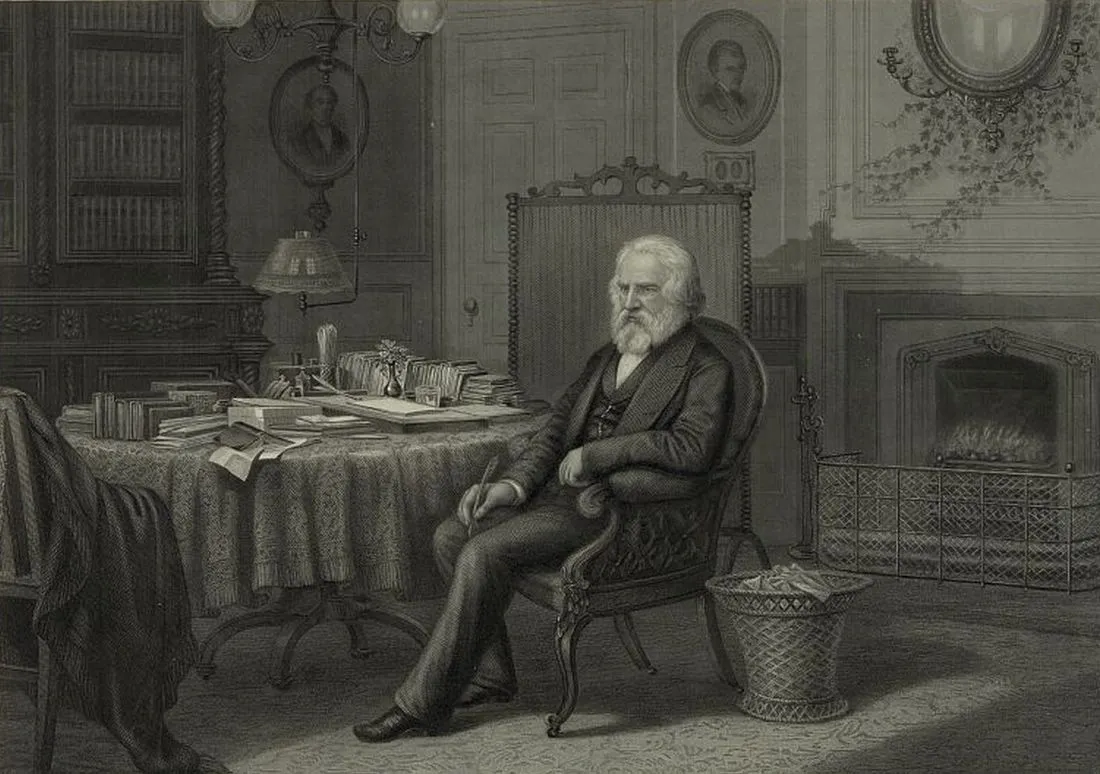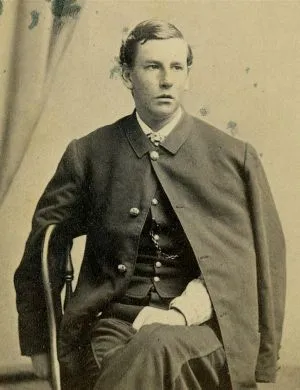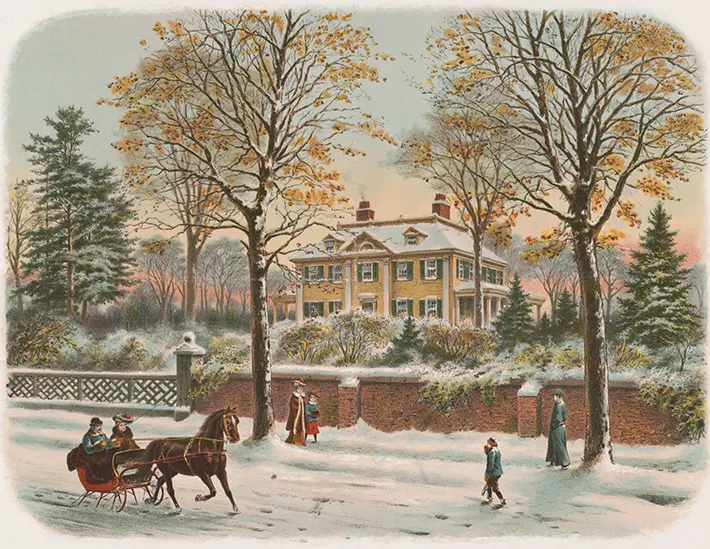
"I Heard the Bells on Christmas Day" has been a popular Christmas carol since the first musical version appeared in 1872. Originally a poem by Henry Wadsworth Longfellow, the text was set to music by John Baptiste Calkin and has been recorded by the likes of Elvis Presley, Johnny Cash, and the Mormon Tabernacle Choir. A subsequent musical version penned by Johnny Marks in the 1950s became popular thanks in large part to the talents of Bing Crosby, Frank Sinatra, Sarah McLachlan, and others, who have made Marks' version the most commonly heard setting of Longfellow's text.

Unbeknownst to many a Christmas caroler, Longfellow's poem has its roots in the American Civil War. Longfellow wrote the piece on Christmas Day in 1863. Nine months earlier his son, Charles Appleton Longfellow, snuck away from home and enlisted in the Federal army in Washington, D.C. The younger Longfellow excelled in his training and received a commission as a 2nd Lieutenant in the 1st Massachusetts Cavalry in time to take part in the Chancellorsville campaign. He was ill during the Gettysburg campaign, but returned to duty in the fall of 1863.

While at dinner on December 1, 1863, Henry Wadsworth Longfellow received a telegram. His son had been severely wounded in a skirmish on November 27, 1863. A bullet entered Charles’ left shoulder, passing through his back and clipping the spine before exiting the under the right shoulder blade. The elder Longfellow immediately set out for Washington, arriving there on December 3. After two more days of waiting, Charles arrived by train in the nation’s capital. According to the poet, “[t]he army surgeon who came with the wounded alarmed me by saying that his duty to himself and to me required him to say that the wound was very serious one and paralysis might ensue.” That evening, three more surgeons gave another more favorable report. Charles “will be long in healing,” but he it will be at least six months before he can return to the service. In fact, though Charles survived his wound, his military career was over. In summarizing the ordeal to a friend, the Henry Longfellow wrote, “I have been through a great deal of trouble and anxiety.” This “trouble and anxiety” is evident in the lines of the poem, “Christmas Bells”—the basis for the popular Christmas carol.
I heard the bells on Christmas Day
Their old, familiar carols play,
and wild and sweet
The words repeat
Of peace on earth, good-will to men!
And thought how, as the day had come,
The belfries of all Christendom
Had rolled along
The unbroken song
Of peace on earth, good-will to men!
Till ringing, singing on its way,
The world revolved from night to day,
A voice, a chime,
A chant sublime
Of peace on earth, good-will to men!
Then from each black, accursed mouth
The cannon thundered in the South,
And with the sound
The carols drowned
Of peace on earth, good-will to men!
It was as if an earthquake rent
The hearth-stones of a continent,
And made forlorn
The households born
Of peace on earth, good-will to men!
And in despair I bowed my head;
"There is no peace on earth," I said;
"For hate is strong,
And mocks the song
Of peace on earth, good-will to men!"
Then pealed the bells more loud and deep:
"God is not dead, nor doth He sleep;
The Wrong shall fail,
The Right prevail,
With peace on earth, good-will to men."
- Henry Wadsworth Longfellow







